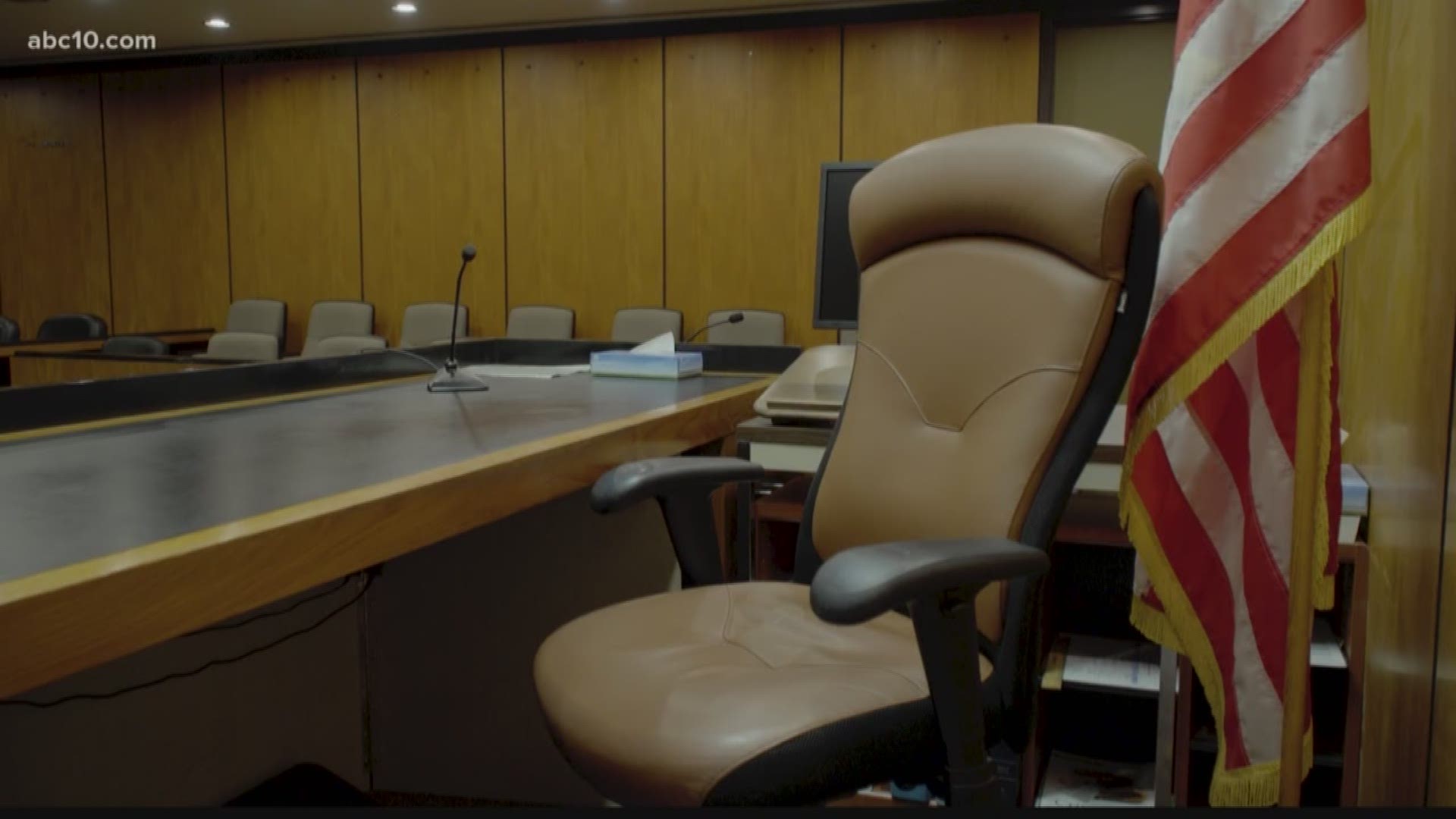Over the past couple months, we’ve been bringing you the story of Jeremy Puckett, a Sacramento man who was convicted for the robbery and murder of 18-year-old Anthony Galati and sentenced to life without parole.
He’s spent the past 16 years in prison, four of which the Northern California Innocence Project has been working to set him free from what they believe is a wrongful conviction.
"When we are advocating for our clients, we’re 100 percent sure that their conviction was wrongful and should be overturned," said Linda Starr, executive director of NCIP.
After 13 appeals, Puckett’s legal team filed yet another petition of writ of habeas corpus in the California Supreme Court.
Last week, Xavier Becerra issued his informal response. Becerra pulled no punches, saying Puckett is abusing the writ process by attempting to re-litigate the same rejected claims from prior appeals, as well as rebranded claims from his various habeas petitions.
First, here’s what you need to know about Puckett’s case: Galati’s body was found on the side of the road in Rancho Cordova in March 1998. He’d been shot twice, execution style.
Sacramento Sheriff’s couldn’t find his killer, and the case goes cold, that is until an inmate in state prison comes forward two years later naming Puckett as Galati’s killer.
The inmate, Israel Sept, told detectives that in March 1998, in an apartment on Croetto Way in Rancho Cordova, Puckett, along with another woman named Angela Dvorsky, pistol-whipped Galati, robbed him, then drove him out to a rural stretch of road and shot him execution style.
While there were a few other people in the apartment that night, Israel Sept was the only eyewitness. Another man said he saw Puckett standing over Galati in the apartment before taking the teen outside to the car, but didn’t see his face. He only identified Puckett by his height.
Despite having any physical evidence tying Puckett to the crime scene, and weak eyewitness testimony, according to Puckett’s legal team, he was nonetheless convicted and sentenced to life in prison without parole.
In his response, Becerra’s makes the case that Puckett’s ever-changing theories of innocence undercut the sincerity of his claims and that his petition should be denied without further procedure.
ABC10 reached out to Puckett’s legal team for comment but hasn’t heard back from his attorneys. They now have until August to file a reply to Becerra’s response, at which time the Supreme Court could decide whether to grant Puckett’s writ or keep him in prison.

